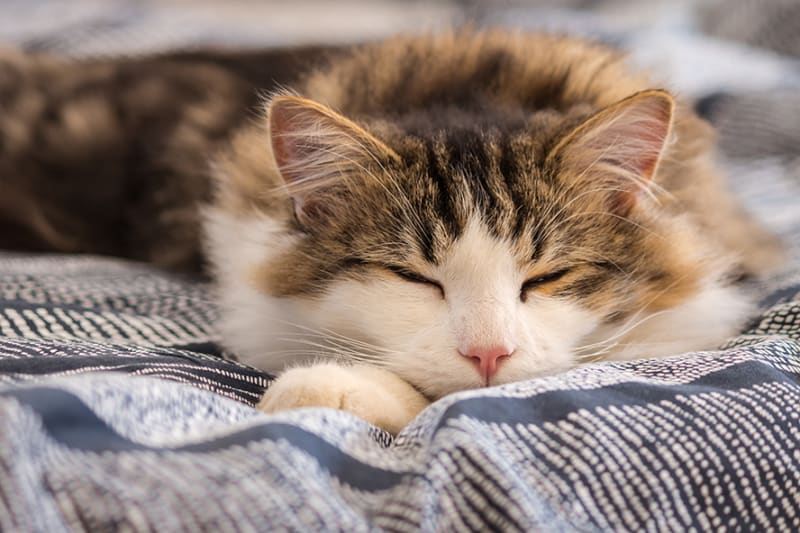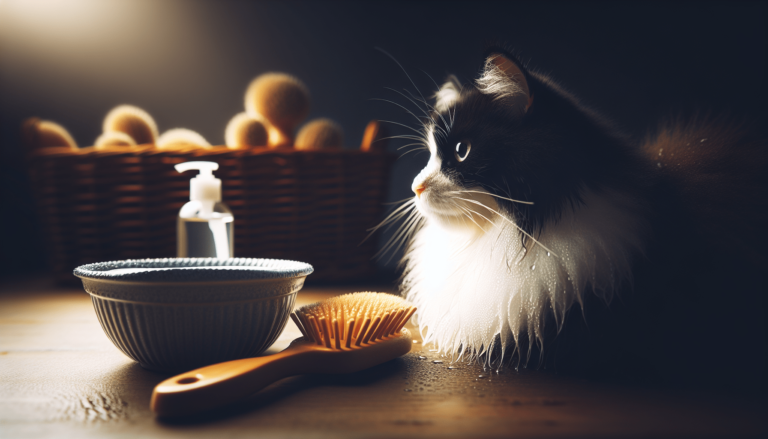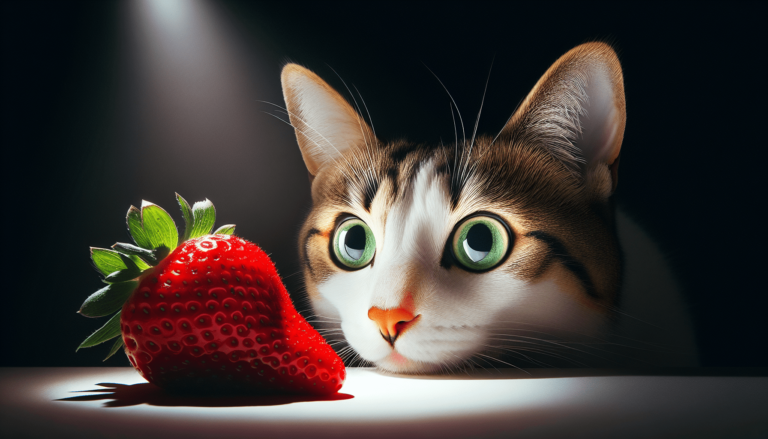How Many Hours Do Cats Sleep
Hey there! Have you ever wondered just how much sleep your feline friend needs in a day? Cats are known for their love of lounging around, but just how many hours do they actually spend snoozing? Let’s dive into the fascinating world of cat naps and find out just how many hours cats typically sleep.
How Many Hours Do Cats Sleep
Have you ever wondered why your cat seems to spend so much time napping throughout the day?
The Average Cat’s Sleep Schedule
Cats are known for being natural-born nappers, but just how many hours do they spend sleeping? On average, cats sleep anywhere from 12 to 16 hours a day. This may seem like a lot compared to the average human’s sleep schedule, but it’s completely normal for our feline friends.
Why Do Cats Sleep So Much?
You might be wondering why exactly cats need so much sleep. Cats are natural predators, and in the wild, they would need to conserve their energy for hunting. Even though most domestic cats don’t have to hunt for their food, these natural instincts still play a role in their sleep patterns.
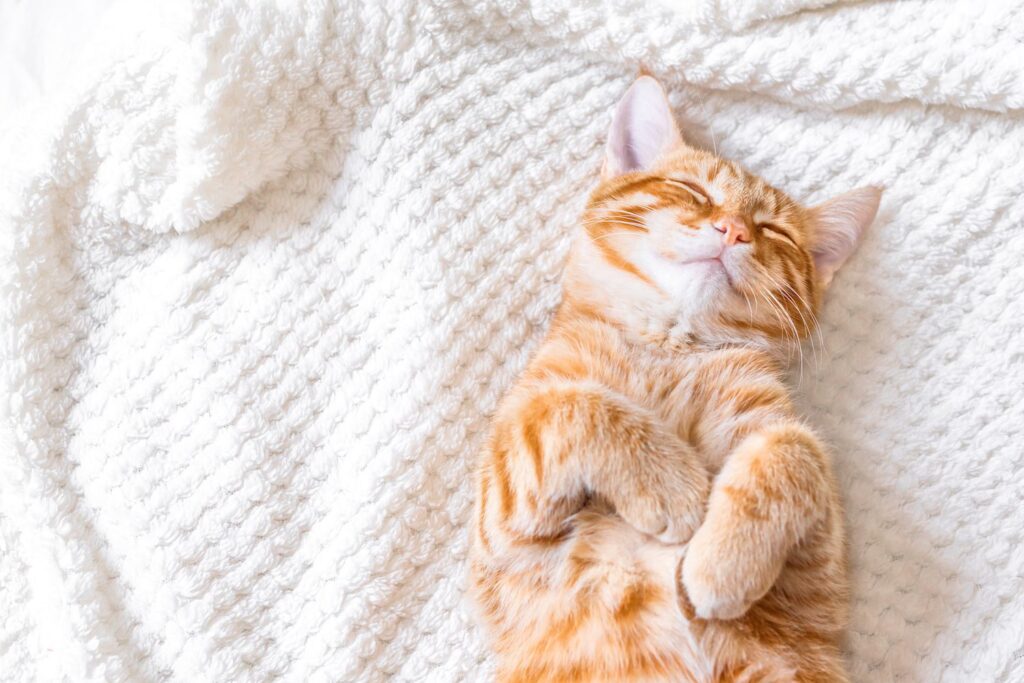
Factors That Affect a Cat’s Sleep Schedule
While the average cat sleeps around 12 to 16 hours a day, there are several factors that can influence how much a cat sleeps. Age, activity level, health, and environment can all play a role in determining how many hours a cat will sleep.
Age
Kittens and elderly cats tend to sleep more than adult cats. Kittens, in particular, require a lot of sleep for growth and development. As cats get older, they may also require more sleep to conserve energy.
Activity Level
Just like humans, cats‘ activity levels can vary greatly. Cats that are more active during the day may need more sleep to recover. On the other hand, a cat that leads a more sedentary lifestyle may sleep less.
Health
If a cat is ill or in pain, they may sleep more than usual as their body works to heal itself. Conversely, a cat that is in discomfort or experiencing anxiety may have trouble sleeping.
Environment
A cat’s environment can also impact their sleep patterns. Cats that are stressed or anxious may have trouble getting restful sleep. Providing a safe, comfortable space for your cat to sleep can help improve their overall sleep quality.
How Cats Sleep
While cats may spend a large portion of their day sleeping, not all of that time is spent in a deep slumber. Cats are known for being light sleepers and are often ready to spring into action at a moment’s notice.
Cat Napping
Cats are masters of the cat nap, which allows them to conserve energy while still remaining alert to their surroundings. During a cat nap, a cat may appear to be sleeping, but they are actually resting and ready to wake up at the first sign of danger or opportunity.
Deep Sleep
While cats are light sleepers, they do need periods of deep sleep to fully rest and recharge. Cats typically reach deep sleep stages after they have been napping for a while, and during these periods, they are less responsive to external stimuli.
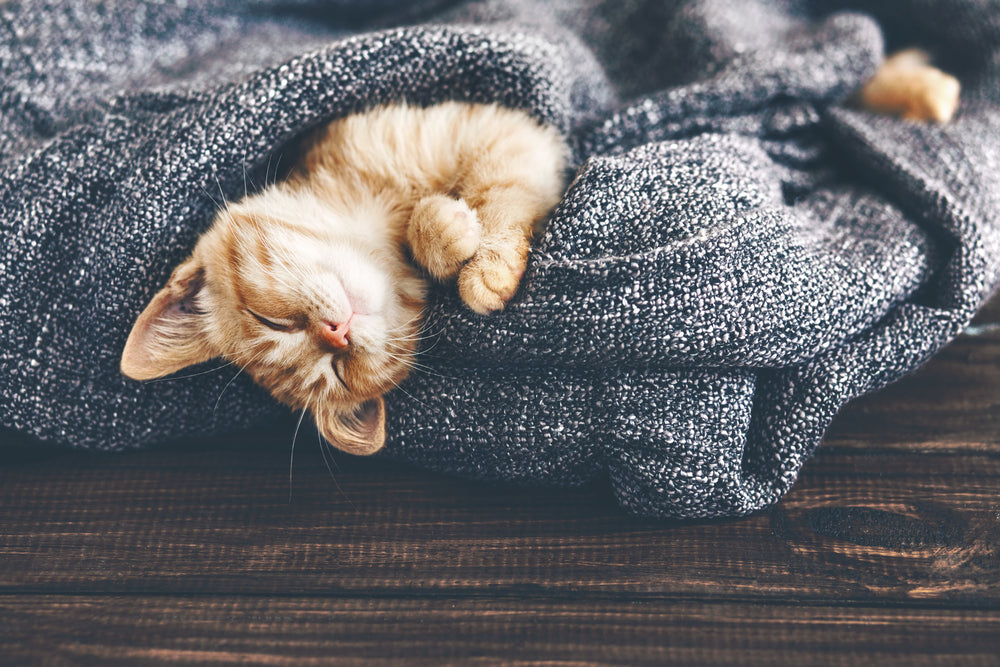
Signs of Healthy Sleep in Cats
Just like humans, cats need quality sleep to stay healthy and happy. Here are some signs that your cat is getting the rest they need:
- Your cat has a consistent sleep schedule and follows a routine.
- Your cat is alert and playful when awake.
- Your cat’s coat is healthy and shiny.
- Your cat is maintaining a healthy weight.
If you notice any changes in your cat’s sleep patterns or behavior, it’s always a good idea to consult with your veterinarian to rule out any underlying health issues.
Tips for Promoting Healthy Sleep in Cats
While cats are naturally skilled at finding the purrfect spot for a nap, there are a few things you can do to help promote healthy sleep habits for your feline friend.
Provide a Comfortable Bed
Make sure your cat has a cozy and comfortable bed where they can relax and get some quality shut-eye. Cats enjoy having different sleeping areas throughout your home, so consider providing multiple beds or cozy spots for them to rest.
Create a Calm Environment
Cats thrive in calm and peaceful environments, so try to create a quiet space for your cat to sleep. Keep loud noises to a minimum and provide a safe, secure space for your cat to relax.
Regular Playtime
Engaging your cat in regular play sessions can help tire them out and promote better sleep. Cats need mental and physical stimulation to stay healthy and happy, so make sure to spend quality time playing with your cat each day.
Maintain a Consistent Routine
Cats are creatures of habit and thrive on routine. Try to maintain a consistent sleep schedule for your cat, feeding them at the same time each day and providing playtime and exercise on a regular basis.
By following these tips and paying attention to your cat’s individual sleep needs, you can help ensure that your feline friend gets the rest they need to stay happy and healthy.
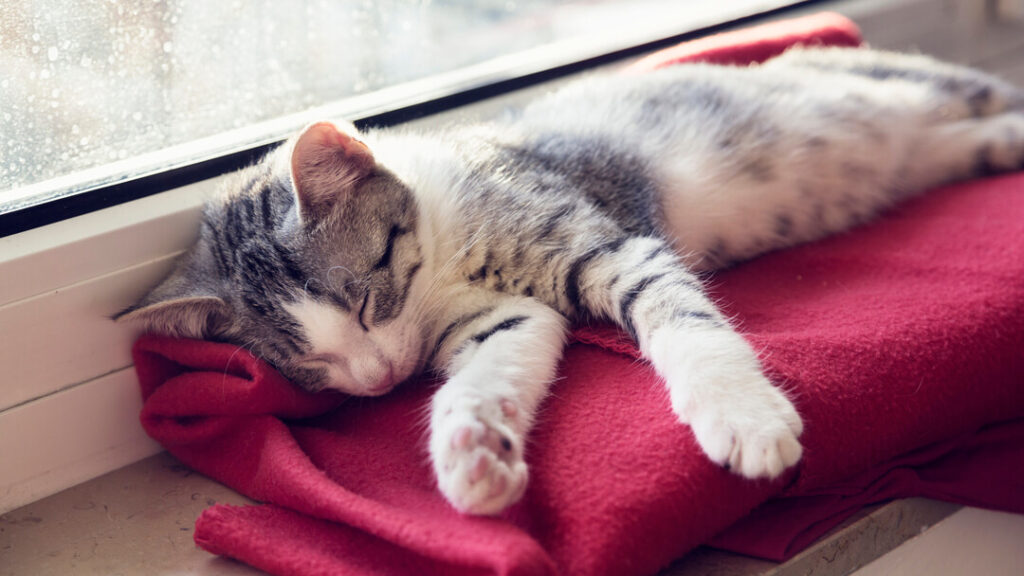
Conclusion
Cats are known for being expert nappers, and it’s no surprise that they spend a significant portion of their day sleeping. By understanding why cats sleep so much and what factors can influence their sleep patterns, you can better support your cat’s health and well-being. By providing a comfortable bed, creating a calm environment, engaging in regular playtime, and maintaining a consistent routine, you can help promote healthy sleep habits for your feline friend. Remember, if you have any concerns about your cat’s sleep patterns or behavior, don’t hesitate to consult with your veterinarian for guidance.

